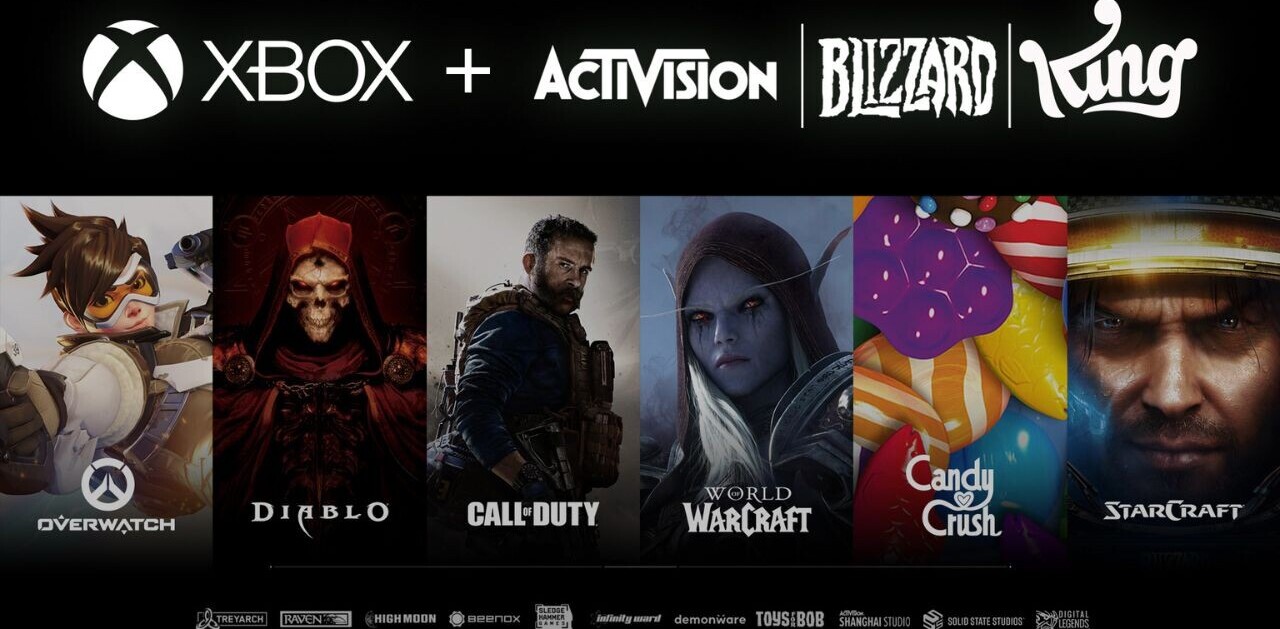
We’re just getting started and already 2013 doesn’t look like it will disappoint in the battle of the top three browsers. It was the third full month of IE10 availability and when new versions of competing browsers were released in the same week: Firefox 18 and Chrome 24. The latest market share numbers from Net Applications show that Chrome was the only loser at the start of 2013.
Between December and January, Internet Explorer gained 0.37 percentage points (from 54.77 percent to 55.14 percent)
and Firefox was up 0.12 percentage points (from 19.82 percent to 19.94 percent). Chrome meanwhile fell a whopping 0.56 percentage points (from 18.04 percent to 17.48 percent), though it gained more share the previous month. Safari didn’t budge at all and Opera picked up 0.04 percentage points.
At 55.14 percent, Internet Explorer is still growing. This is the first time the browser is back above the 55 mark in a long time, and it’s quite a decent start for the year. Despite Windows 8’s release and gains, however, IE10 is having a hard time pushing things forward.
IE10 finally managed to capture more than 1 percent of the browser market. At 1.29 percent in January, the browser gained just 0.33 percentage points last month. IE9 meanwhile fell for the first time, to 20.93 percent (down by 0.42 percent percentage points), in line with Windows 7’s first decline.
IE8 meanwhile gained 0.25 percentage points, and it’s still the world’s most popular browser at 23.54 percent. IE7 was up a mere 0.02 percentage points and IE6 somehow managed to gain 0.17 percentage points. Everyone can’t wait for it to fall below the 5 percent mark, but that won’t happen till sometime later this year (and China is delaying things).
At 19.94 percent, Firefox is still hovering near the one-fifth-of-the-market mark. Firefox 18 managed to grab 8.29 percentage points, which likely would have been higher if the browser was available for a full month. This was mainly at Firefox 17’s expense, which fell 5.19 percentage points. All the older versions lost share: Firefox 16 was down 2.53 percentage points, Firefox 15 fell down 0.13 percentage points, and Firefox 14 lost 0.08 percentage points.
At 17.48 percent, Chrome is still just behind Firefox, but it can’t seem to catch up. It saw three months of losses, and then finally ended 2012 with a gain. Unfortunately, that wasn’t the start of a new trend as it’s down again. Still, Chrome 24 grabbed 8.70 percentage points, while all the other versions lost share. Chrome 23 was down 8.88 percentage points and Chrome 21 fell 0.03 percentage points.
As we already mentioned, new versions of Firefox and Chrome were released two days apart this month. A quick look at the numbers shows Chrome’s version adoption rate is still faster than Firefox’s.
So, what’s in store for 2013? We’re still expecting to see Chrome pass Firefox, but that seems to be eluding us month after month. It’s much more likely that IE9 will pass IE8 soon, taking the crown as the world’s most popular browser version.
Net Applications uses data captured from 160 million unique visitors each month. The service monitors some 40,000 Web sites for its clients. StatCounter is another popular service for watching market share moves; the company looks at 15 billion page views. To us, it makes more sense to keep track of users than page views. Nevertheless, for January 2013, StatCounter listed Chrome as first with 36.52 percent market share, IE in second with 30.71 percent, Firefox in third with 21.42 percent, Safari with 8.29 percent, and Opera with 1.19 percent.
See also – Windows 8 now up to 2.36% market share but Microsoft sees Windows 7 decline for the first time
Image credit: Hugo Humberto Plácido da Silva
Get the TNW newsletter
Get the most important tech news in your inbox each week.







